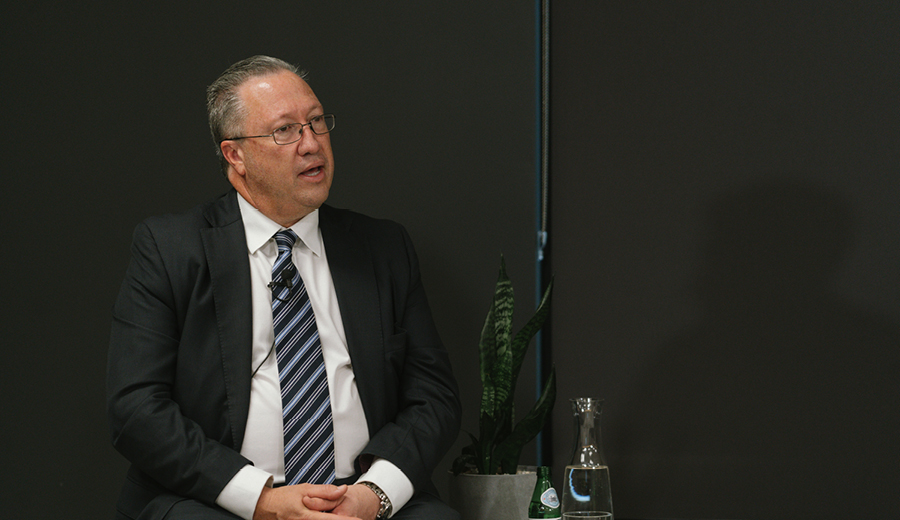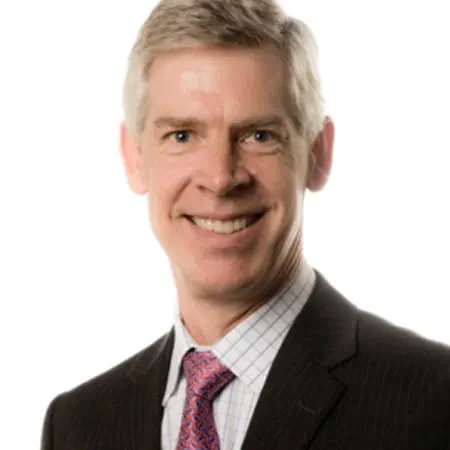 Trish Sunga
Australasia Press Office,Sydney
Trish Sunga
Australasia Press Office,Sydney
Arup’s annual Zunz Lecture, held online last week, saw panellists united in advocating new approaches to water management in order to achieve greater equity in access and resilience of water supply in a changing climate.
With 2020 giving us a glimpse of the fluctuation in water supply that we might expect in the future – from prolonged drought to flooding – the theme Water for a hot, thirsty city led to discussion about the role of water in a growing city and the shift in thinking needed to ensure long-term water availability.
Sydney Water’s Managing Director Roch Cheroux emphasised that current water resources are not enough to sustain quality of life in Greater Sydney with its growing population and predicted climate events, so we must continue to look to new approaches for managing our water.



